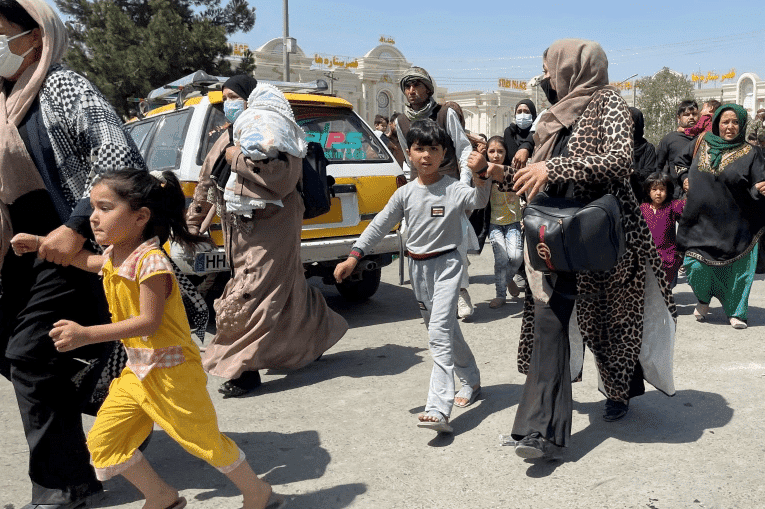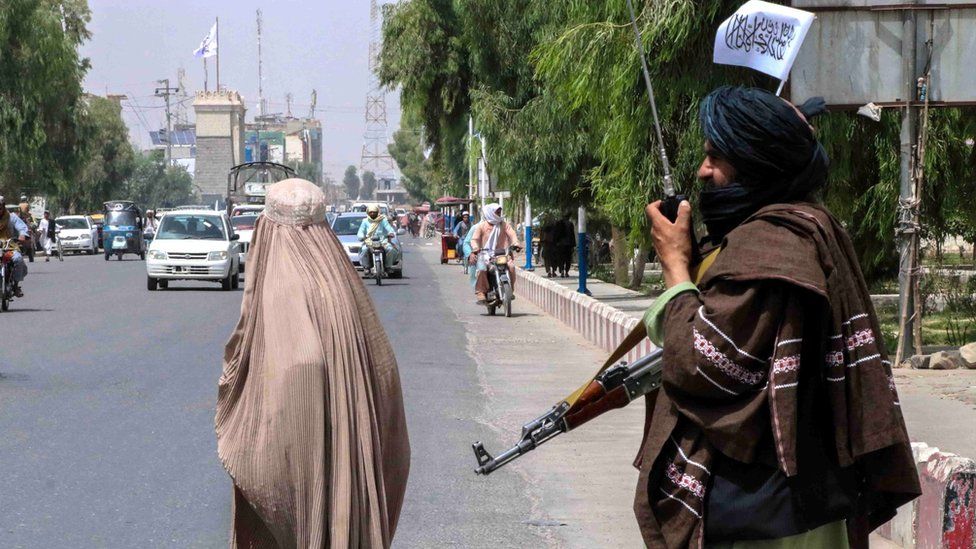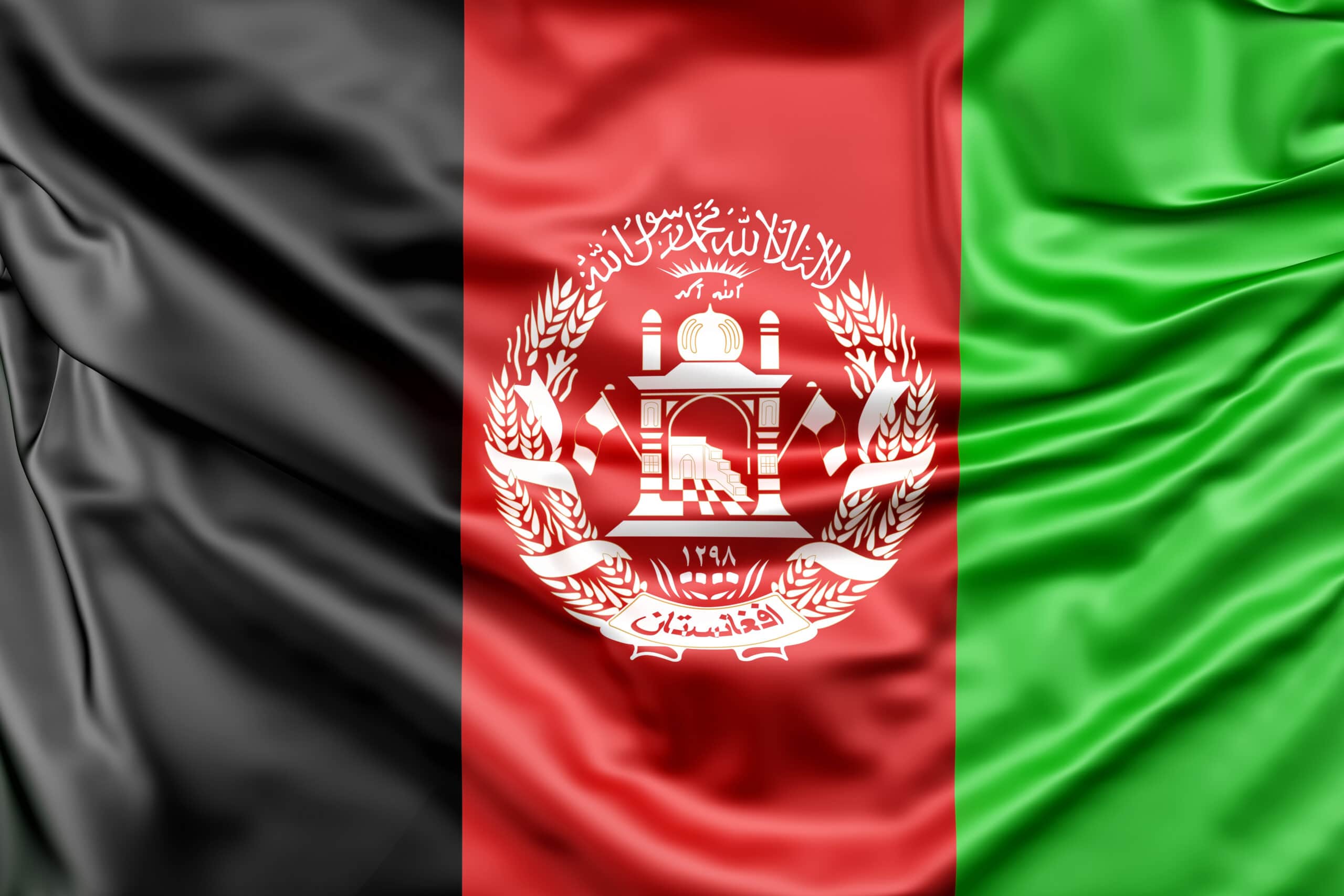The peace agreement
It’s not easy to end a war. Over nine separate rounds of discussion, though, the US and the Taliban came to an agreement which would kickstart some major changes.
Under the 2020 Peace Agreement, the US agreed to withdraw its troops. Not all at once, of course—Researchers suggest an overly hasty troop withdrawal could destabilise the Afghan government and empower the Taliban to take offensive measures. Therefore, the US agreed to reduce its troops from 12,000 to 8,600 in the first 135 days of the deal.
If the Taliban followed through on their obligations to the deal from there, the US committed to withdraw the remainder of the troops over a nine-and-a-half-month period. The Taliban guaranteed they would not use Afghanistan to threaten the US or their allies’ security.
By the time Biden came into power, US forces in Afghanistan had diminished to 2,500 personnel.

170 Afghan civilians and 13 US troops were killed in the bombing.
The Islamic State-Khorasan Province (also known as ISK or ISIS-K) took responsibility for the bombings. It is worth noting that the Taliban and ISK are not the same group.
On August 30, the US transported its final contingent of troops from Kabul back to the States.
The war waged between the US and Afghanistan, which lasted 20 years, also cost a fortune.
According to research from Brown University, the war cost around US$2.3 trillion between 2001 and 2021.
To put this number into perspective, one of the most expensive yachts in the world—named the Radiant—cost US$286 million.
You would need to buy this yacht every day for over 20 years to approach the cost of this war.
NOW
Under Taliban rule, life in Afghanistan is different.
One of the most highly discussed changes pertains to the treatment of women. In the past when the Taliban was in power, they did not allow women to leave their home unless accompanied by a man.
There are concerns amongst Afghan people that such restrictions may return with time.
The Taliban has thus far imposed religious guidelines on women, with particular focus given to women in the media.
Female journalists must follow strict dress codes and TV stations are no longer permitted to show soap operas in which women appear.
The media industry in general has struggled to survive under Taliban rule. Taliban-imposed rules around content mean everything must be approved before airing.
Nai, an Afghan press monitoring group, reports that 70 per cent of journalists in the country are out of work or moving out of the industry.
Afghanistan is likely to continue to change and transform under Taliban rule.

Who are and What is News Cop?

From the get-go, this year promised major changes in Afghanistan. The US made plans to withdraw troops after 20 years of occupation. The withdrawal would mark the end of the US’ longest war in history.
On April 13, Biden set a deadline. He announced that all remaining troops currently deployed in Afghanistan would be withdrawn by September 11, 2021—the 20-year anniversary of the 9/11 terror attacks.
The Taliban has long quoted the Afghan adage: “you have the watches, we have the time”.
The mantra has largely been used in the context of the Taliban’s plan to wait for the withdrawal of foreign military forces before again attempting to seize power.
The Taliban takeover
On August 15, after overtaking several major cities, the Taliban seized Kabul, a major signifier of the Taliban’s rising power and influence.
The Afghan government collapsed two weeks shy of the US withdrawal.
On the day the Taliban seized power, President of Afghanistan, Ashraf Ghani, fled. Ghani, who had been the nation’s president since 2014, said fleeing was “the most difficult decision of [his] life.”
“I owe the Afghan people an explanation for leaving Kabul abruptly on August 15th after Taliban unexpectedly entered the city,” Ghani wrote in a statement.
“I left at the urging of the palace security who advised me that to remain risked setting off the same horrific street-to-street fighting the city had suffered during the Civil War of the 1990s.”
Ghani’s decision was largely unpopular with the Afghan people and the US.
Afghan ambassador to the neighbouring nation of Tajikistan Zahir Aghbar accused Ghani of fleeing with millions of dollars.
Ghani has denied the claims. The former Afghan leader is currently living in the United Arab Emirates.





